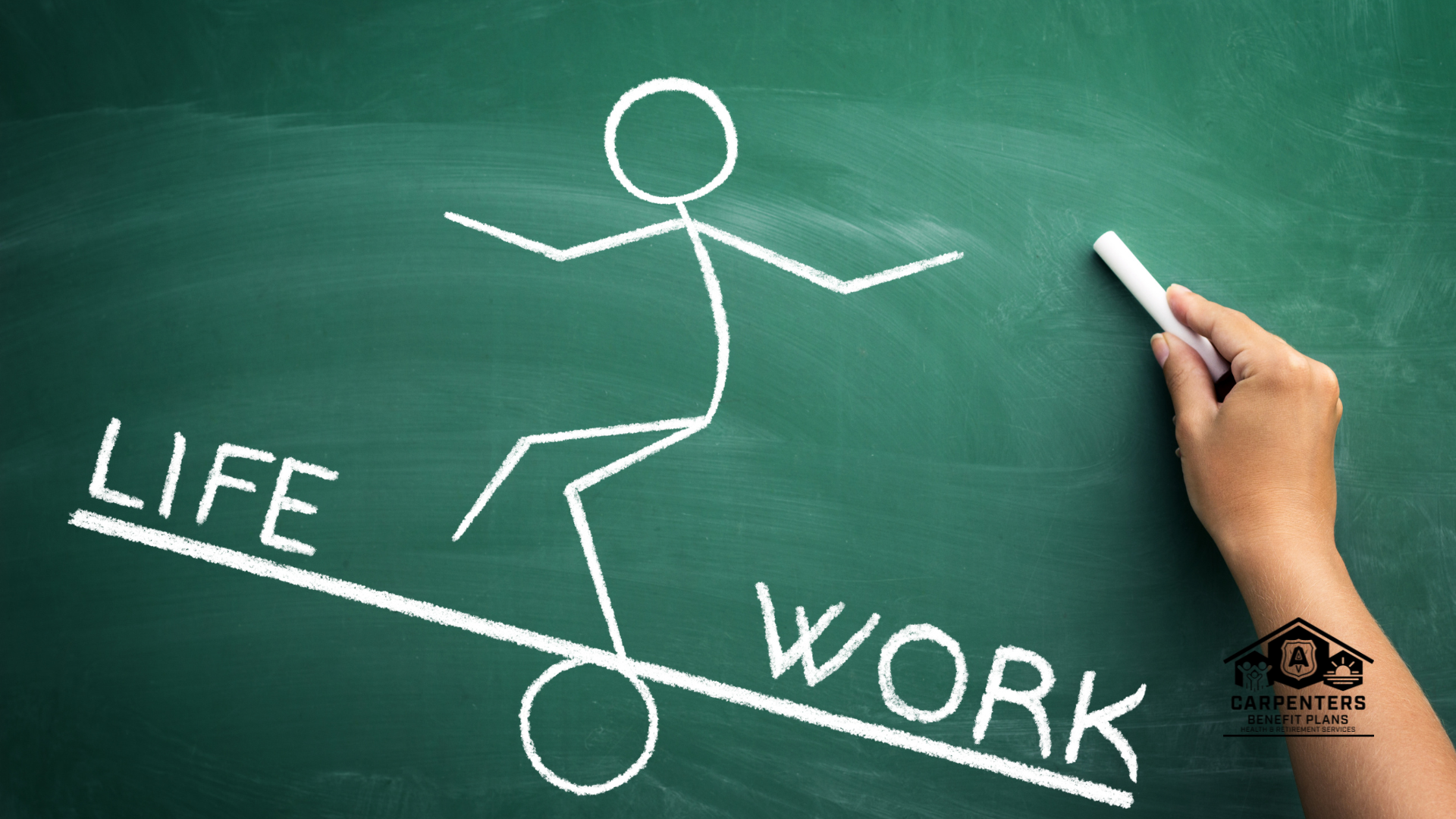
Surviving the Holidays
Dec 12, 2025

An average person spends 90,000 hours, or one-third of their life, at work.1 It would be safe to say that your work environment can impact your quality of life.
Worksite influence in action.
Jobsite culture is extremely important to your overall health. If you don’t feel well physically, or if you don’t feel heard or supported at work, it will influence your interactions with others, as well as your total body wellbeing.
Sometimes, though, it’s the things outside work that you carry with you to your jobsite or office that can impact your workplace wellness.
What pulls for your attention?
Life events are inevitable, whether good or bad, and they will most likely influence your mental health at work! These might include the birth of a child, a death in the family, a crisis beyond your control that affects you or a loved one, a graduation or wedding, a soured relationship, or just a busy season with family or friends. When you need additional support, remember, you have access to professional resources through our health plan.
But there are other types of distractions that can disrupt our day-to-day if we let them. These are quiet pulls for our attention that we may not recognize and include:
Recognizing distractions is just the beginning. Being conscious of our day-to-day “squirrel” moments can be helpful, and often finding solutions, such as those listed below, may help us to stay on task.
Distraction support.
For every action, there’s a simple reaction…
A friend or coworker may be a good partner to help you through distractions, helping to keep you accountable to your own wellbeing; however, if you’re looking for a trained resource, Keondra Harris, Carpenters Wellness Centers’ health coach, would be an exceptional fit! Find out more about how Keondra can help.
Sources:
1 https://www.gettysburg.edu/news/stories?id=79db7b34-630c-4f49-ad32-4ab9ea48e72b#
2 https://mydoctor.kaiserpermanente.org/mas/news/technostress-how-too-much-technology-effects-mental-health-2054999
3 https://health.ucdavis.edu/blog/good-food/why-its-important-for-you-to-drink-water-and-stay-hydrated/2022/07#
4 https://www.medicalnewstoday.com/articles/290814
Surviving the Holidays
Dec 12, 2025
Learn More
Celebrating a Year of Skill and Dedication
Dec 01, 2025
Learn More
Let’s Move – November 2025
Nov 17, 2025
Learn More

Stay up to date on key announcements, timely events and helpful information that could benefit you and your health.



